Our focus is to not only serve but to also guide and educate our patients on ways state of the art technology can help you regain your life.
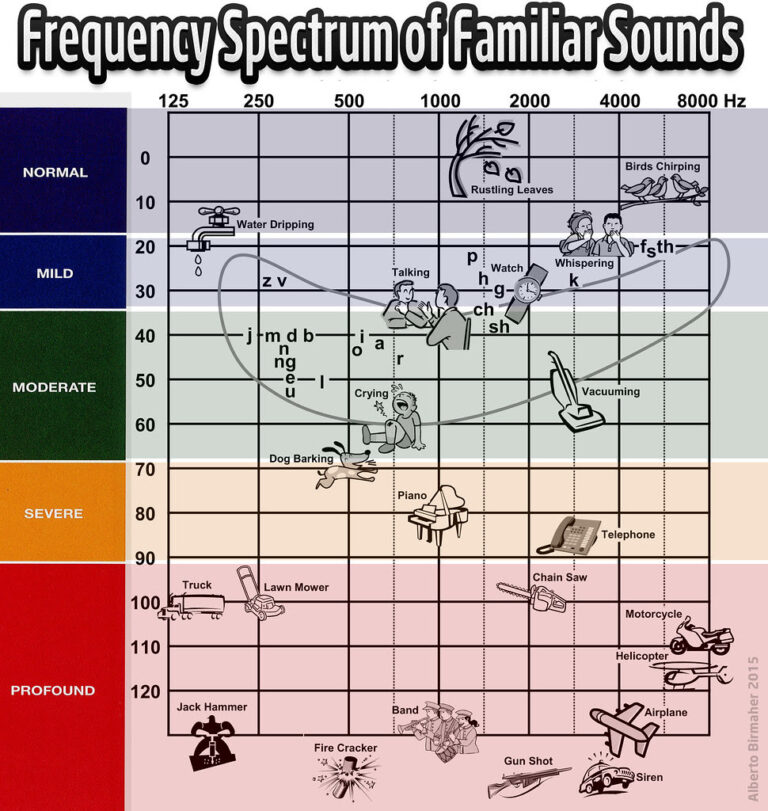
Hearing aids can significantly improve your ability to understand conversations, making it easier to communicate with family, friends, and colleagues.
With better hearing, you can enjoy social activities, entertainment, and everyday interactions more fully, reducing feelings of isolation and depression.
Being able to hear well is crucial for safety, allowing you to respond to important sounds like alarms, sirens, and approaching vehicles.
Proper hearing can help maintain cognitive functions by keeping the brain engaged and reducing the risk of cognitive decline associated with untreated hearing loss.
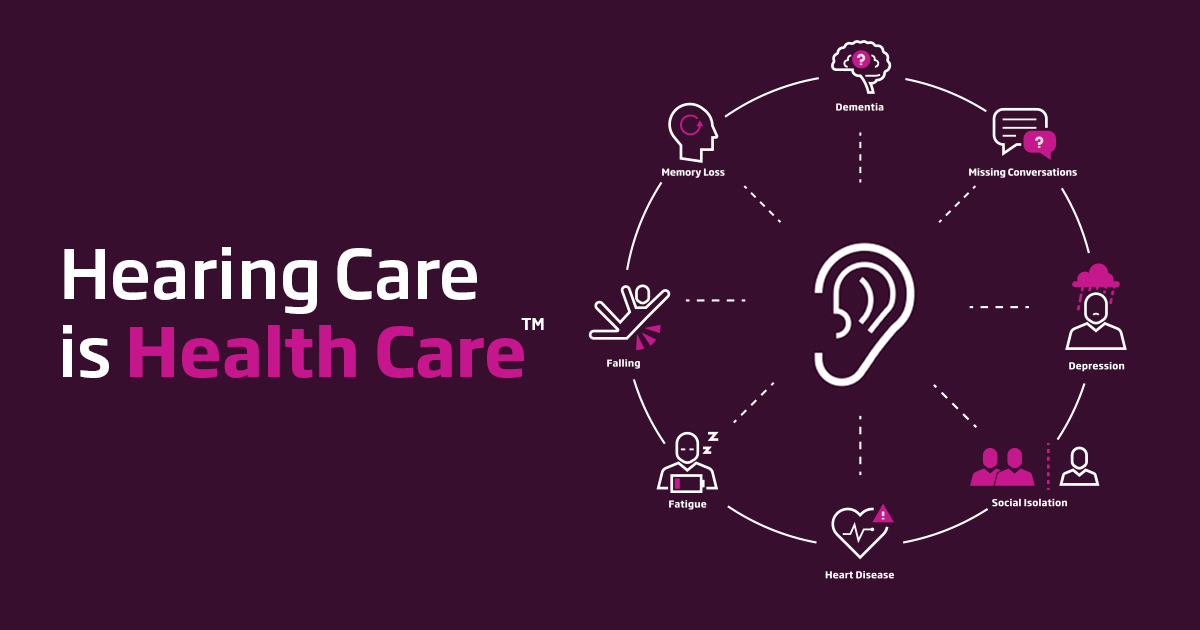
Hearing aids consist of a microphone (picks up sound), an amplifier (increases the sound volume), a receiver (sends the amplified sound into the ear), and a battery (powers the device).
Modern hearing aids use digital technology to process sounds more precisely, reduce background noise, and enhance speech clarity. They can be programmed to suit individual hearing needs and preferences.

Clean your hearing aids daily to remove earwax and debris. Use a soft, dry cloth and specialized cleaning tools provided by your hearing aid specialist.
Store your hearing aids in a dry, cool place when not in use. Avoid exposing them to moisture, heat, or direct sunlight.
Replace batteries regularly and keep spare batteries on hand. Turn off your hearing aids when not in use to extend battery life.
Schedule regular check-ups with your audiologist to ensure your hearing aids are functioning properly and to make any necessary adjustments.
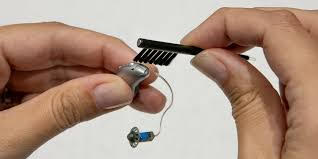
Protecting your hearing from loud noises can prevent noise-induced hearing loss, which is irreversible. It’s essential for preserving your hearing health.
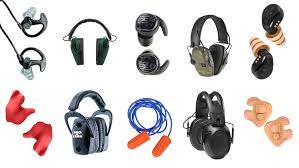
Tinnitus is the perception of noise or ringing in the ears, which can be constant or intermittent. It often accompanies hearing loss but can also occur on its own.
Common causes include exposure to loud noises, ear infections, earwax buildup, age-related hearing loss, and certain medications.
Reducing stress, avoiding caffeine and alcohol, and practicing relaxation techniques can help manage tinnitus symptoms.
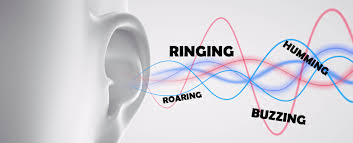
Modern hearing aids come with noise reduction technology to minimize background noise and enhance speech clarity.
These help focus on sounds coming from a specific direction, improving the ability to hear conversations in noisy environments.
Many hearing aids can connect to smartphones, TVs, and other devices via Bluetooth, allowing for direct audio streaming.
Rechargeable hearing aids eliminate the need for frequent battery changes, offering convenience and cost savings.
Hearing aids can be programmed with multiple settings for different listening environments, such as quiet rooms, noisy places, and outdoor settings.
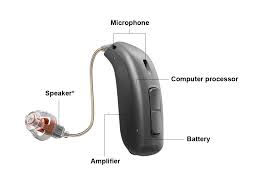
Common signs of hearing loss include difficulty understanding conversations, especially in noisy environments, frequently asking others to repeat themselves, needing to turn up the volume on the TV or radio, and experiencing a ringing or buzzing sound in the ears.
During a hearing evaluation, a hearing aid specialist will conduct a series of tests to assess your hearing ability. This typically includes a review of your medical history, a physical examination of your ears, and various hearing tests to measure your hearing sensitivity and ability to understand speech.
Choosing the right hearing aid involves considering factors such as the severity of your hearing loss, your lifestyle, and your budget. Our audiologists will guide you through the options and recommend the best hearing aid based on your specific needs and preferences.
The cost of hearing aids varies depending on the type, features, and brand. At Jorgenson Hearing Center, we offer a range of hearing aids to suit different budgets and needs. Our team can provide detailed information on pricing and financing options during your consultation.
Coverage for hearing aids varies by insurance plan. Some plans may cover part or all of the cost, while others may not. We recommend checking with your insurance provider to understand your coverage. Our team can also assist you in navigating insurance benefits and payment options.
It is recommended to have your hearing checked annually, especially if you are over the age of 55 or have been exposed to loud noises. Regular check-ups can help detect any changes in your hearing and ensure your hearing aids are functioning optimally.
If your hearing aid isn’t working properly, first check if the battery needs to be replaced or if the device needs cleaning. If the issue persists, contact our office for a professional assessment and repair service.
To protect your hearing in noisy environments, use earplugs or noise-canceling headphones, take regular breaks from loud noise, and reduce the volume on personal audio devices. Custom hearing protection solutions are also available for more effective protection.
Tinnitus is the perception of noise or ringing in the ears, often caused by exposure to loud noise, ear infections, or age-related hearing loss. Treatment options include sound therapy, hearing aids with tinnitus masking features, and lifestyle changes. Our hearing aid specialists can help determine the best treatment plan for you.
If you frequently struggle to hear conversations, need to increase the volume on electronic devices, or find it hard to hear in noisy environments, you may benefit from a hearing aid. A comprehensive hearing evaluation can determine the extent of your hearing loss and whether hearing aids are a suitable solution.






Copyright © 2025. All rights reserved. Powered by ![]() Lewis Marketing
Lewis Marketing
<iframe src=”https://link.jorgensenhearingcenter.com/widget/survey/ClVeOLYqafFjI5uuIumS” style=”border:none;width:100%;” scrolling=”no” id=”ClVeOLYqafFjI5uuIumS” title=”Website Visitor Survey”></iframe>
<script src=”https://link.jorgensenhearingcenter.com/js/form_embed.js”></script>